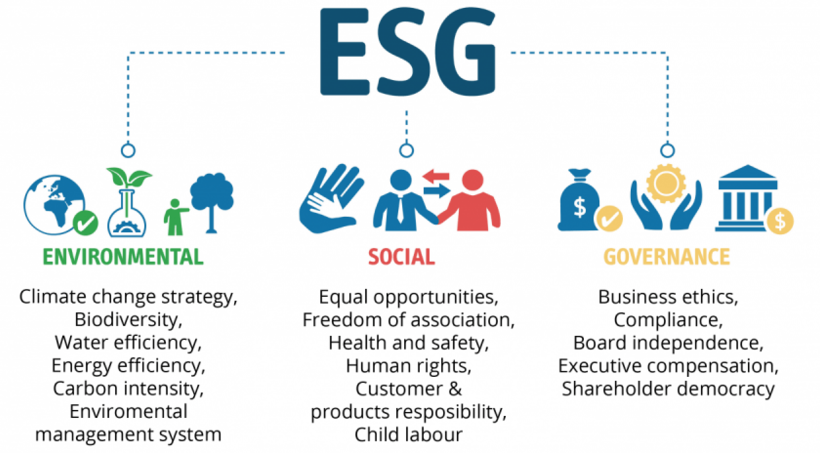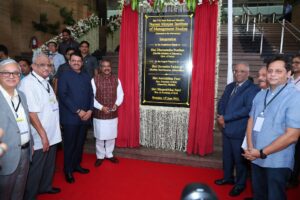
A lot is happening in Environmental, Social and Governance (ESG) space today. Climate change, inclusive growth and transmission towards a sustainable economy have emerged as major issues globally. Industry and other stakeholders are seeking greater accountability from the corporates in the present day situation.
The pandemic has further brought in the greater push to the movement of ESG and has given a boost to sustainable investing. An increasing focus on sustainability issues is also being reflected in the total assets in the sustainable funds globally. There is an increase in sustainability funds during the pandemic. MSMEs should prioritize ESGs for a successful growth trajectory, said Ms Surabhi Gupta, General Manager – CMD & CFD, SEBI in a webinar.
The Webinar was organized by PHD Chamber of Commerce and Industry (PHDCCI) on “ESG- Environmental, Social and Governance, The New Agenda of Corporate India.”
Ms Gupta opined that the people who are driving these investments in ESG are investors, the government, and regulators. SEBI has initiated many initiatives to ensure ESG in companies. They have recently announced a new requirement of sustainability reporting called business response and sustainability report. It emphasizes quantifying a matrix that allows easy measurement and comparability. Social and climate issues have been prioritized before.
Talking about the expectations from the company board, she mentioned that the companies’ board is under increasing pressure from society to be mindful of the environment and its social impact. The company needs to be mindful about accessing the ESG risk so that they work in the interest of the company growth and environmental sustainability for long-term growth.
Dr Niraj Gupta, Head – Corporate Governance & Public Policy, IICA discussed the Role of Corporate Boards in Investing in ESG and Rethinking Value Creation where he emphasized the need to revisit the corporate purpose in brand-building value chain.
Mr N Sivaraman, Managing Director & Group CEO, ICRA Limited presented about How ESG Factors Affect Credit Rating and the Cost of Capital. He discussed the key trends expected to shape the industry which included data that will form the foundation of decision making; technology is the key; innovative climate finance mechanisms will emerge; environmental consensus and net-zero and social resilience.
He emphasized that capital markets would warrant enhanced disclosures to support ESG based decision-making on the back of increased investor demands. Corporations would need to sharply increase their focus on ESG risks to better integrate into the evolving global economy.
Mr Naveen Unni, Managing Partner, and Mr Divy Malik, Associate Partner, McKinsey & Company discussed why and how Companies (both small and big) are integrating ESG in their Business decisions. They deliberated about the global and Indian context on de-carbonization; actions being taken by the major companies and the potential role of MSMEs.
Ms Ranjana Agarwal, Co-Chair, Corporate Affairs Committee, PHDCCI while moderating the session deliberated about the importance of ESG in the corporate arena that will help to long-term value and sustainability.
Mr Saurabh Sanyal, Secretary-General, PHDCCI, deliberated about the impact of the pandemic on the economy and business and the strong corporate governance that has helped in bouncing back of business quickly. Day by day India is moving up the ladder of ease of doing business and new reforms and initiatives are being taken to ensure that India moves towards ‘Aatma Nirbhar Bharat’, he added.



